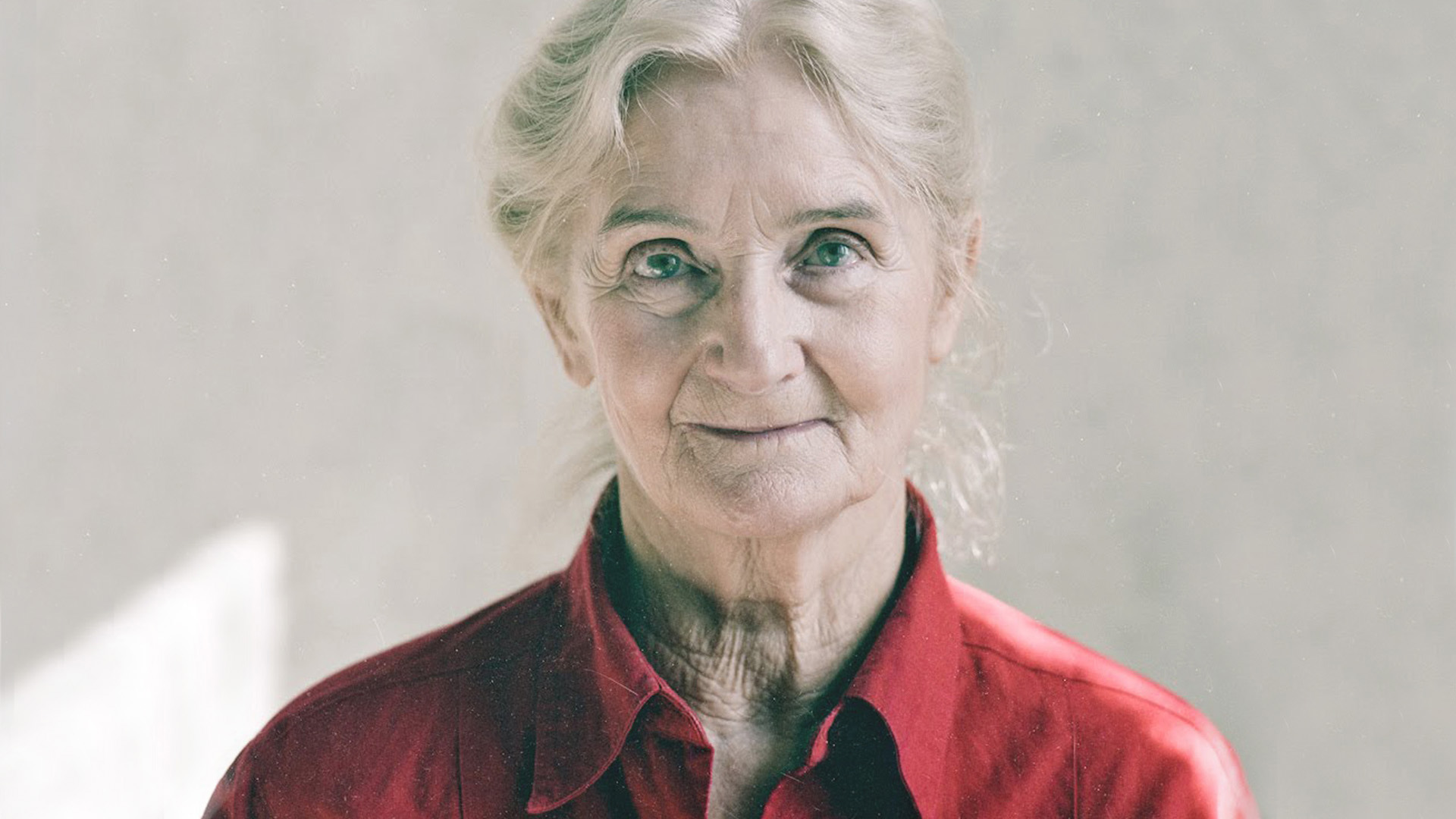
Tadeusz and Maria not simply let the camera show their struggle to remain in a house where they became a family, but they use the camera to find a catharsis, to tell stories they have never shared. They become new people in front of the eyes of the director. Malinowski does not guide them, rather he is guided by them. They become the narrators, they choose which of their fascinating stories to tell. They go back to the past of Poland when it was invaded by the Nazis, they revisit moments spent with their children, they go back as far as to the memories of their parents, and then to their work as archeologists, as researchers. In all of these stories, the house becomes the physical space of their remembrance, a place which preserved something from these dire times.
Through the pictures stored in the house that we see Tadeusz and Maria as children, as young adults, or when they are working at the excavation sites. The director uses the pictures both to recollect a memory and to observe the present and. The characters in their conversations explores how the house represents something about our capitalist society but also how the house is as testimony on the challenges of the past.

The film is not only sensitive in its shooting style but also in presenting the character’s human fragilities. In the end, not the obvious injustice of a landlord remains with us, who by raising the rent to the point that it unaffordable, pushes two people to move out. Rather the curious smile of Maria, with her youthful but wise eyes while she tells us that in order to be happy we should take action and appreciate small things. The things that makes us young, ready for new discoveries and surprises even after these trying times.
Elettra Repetto